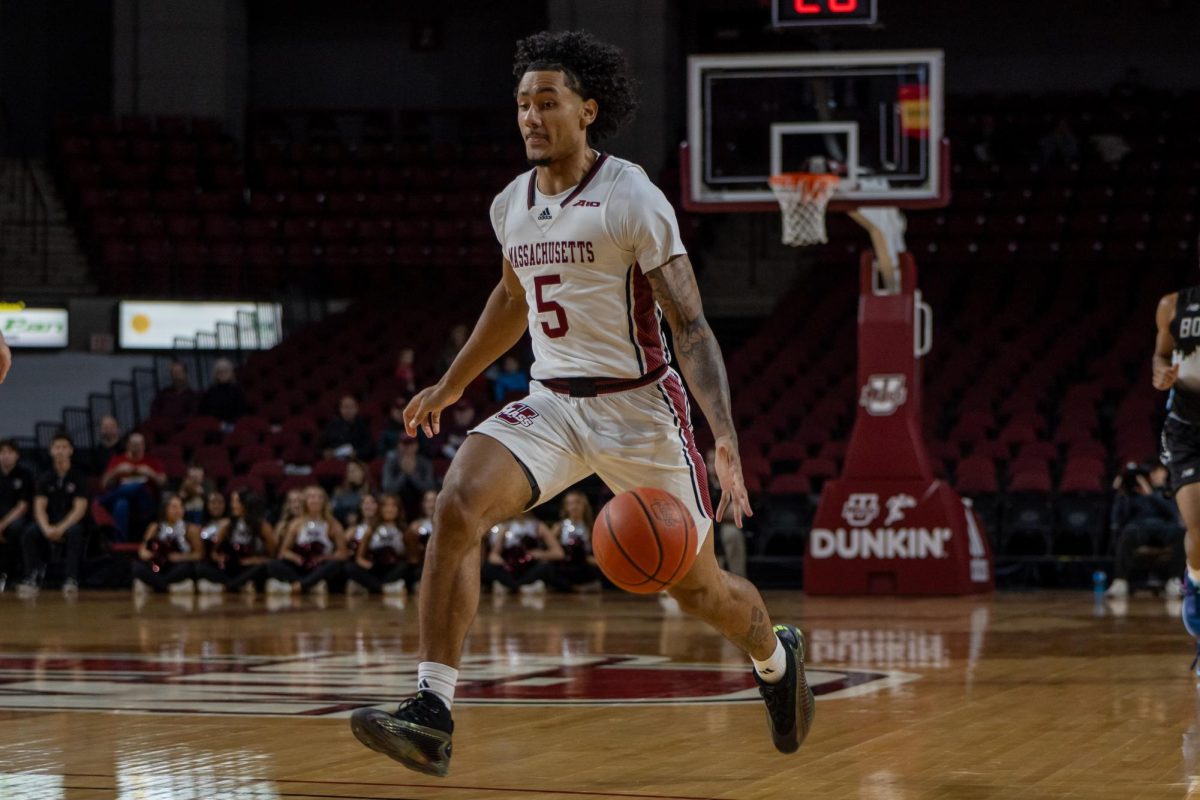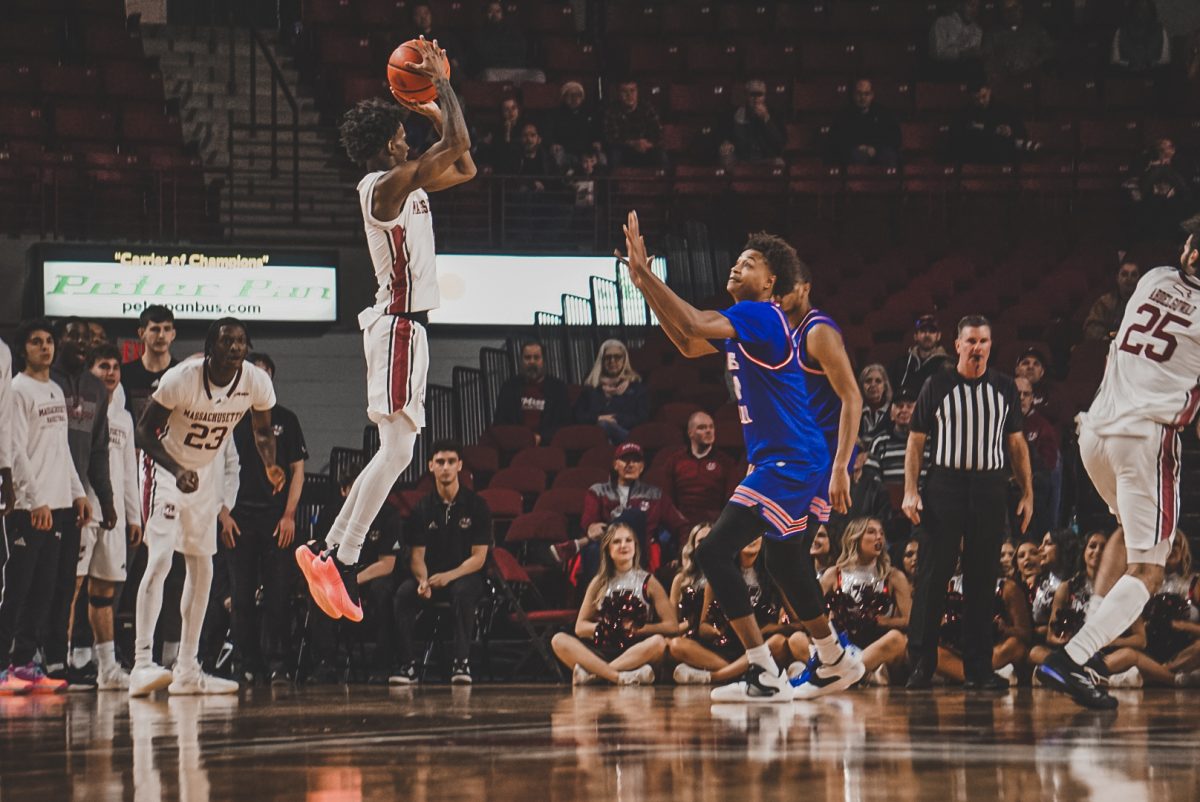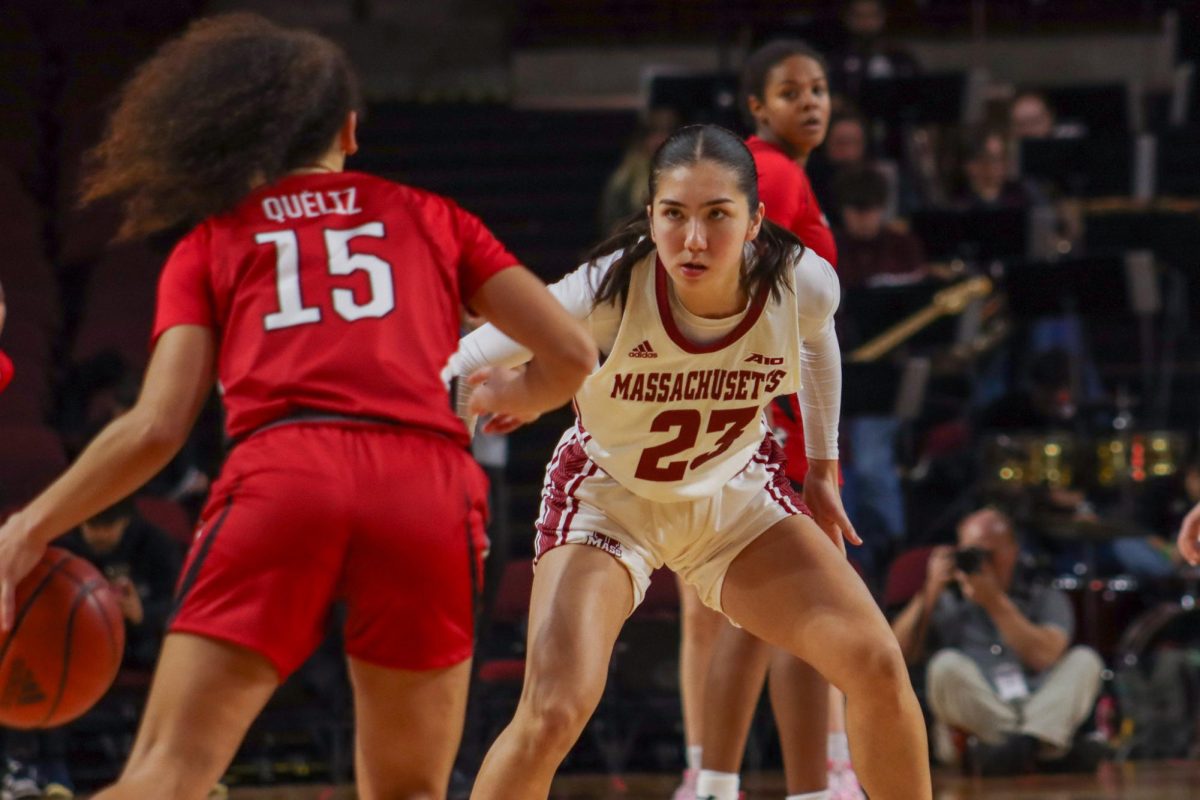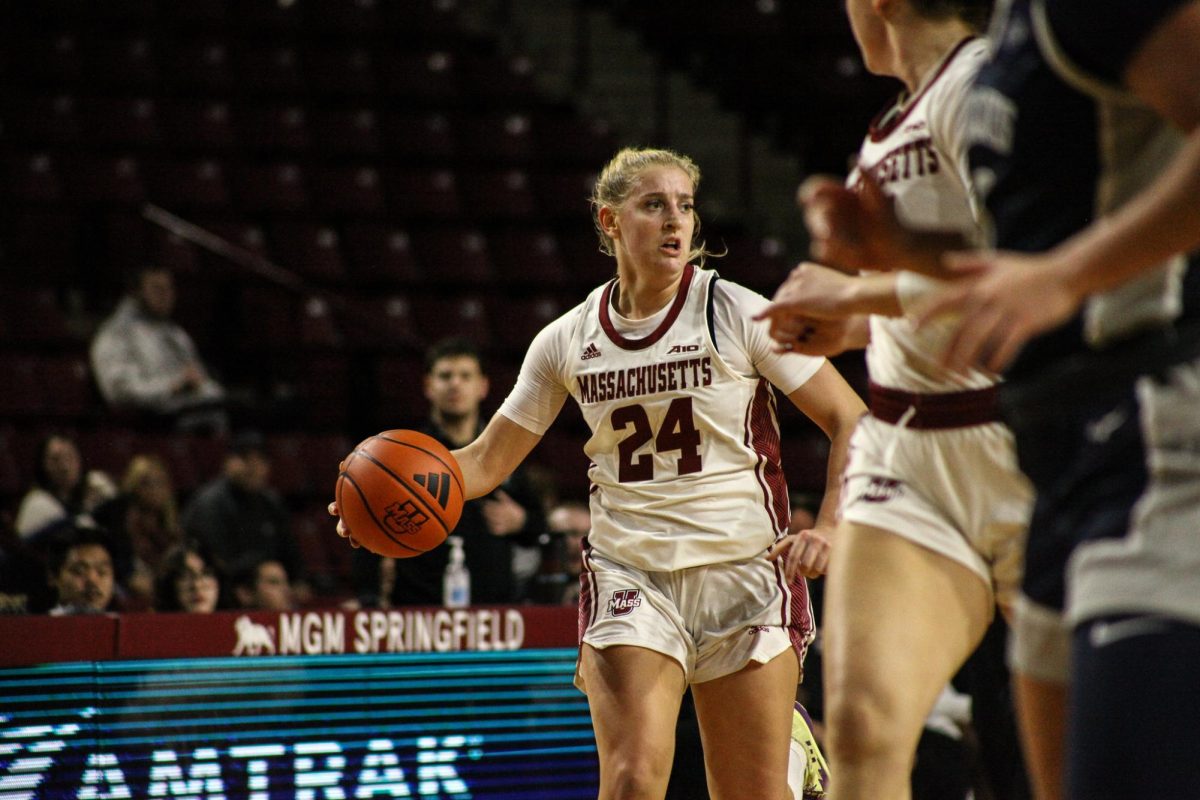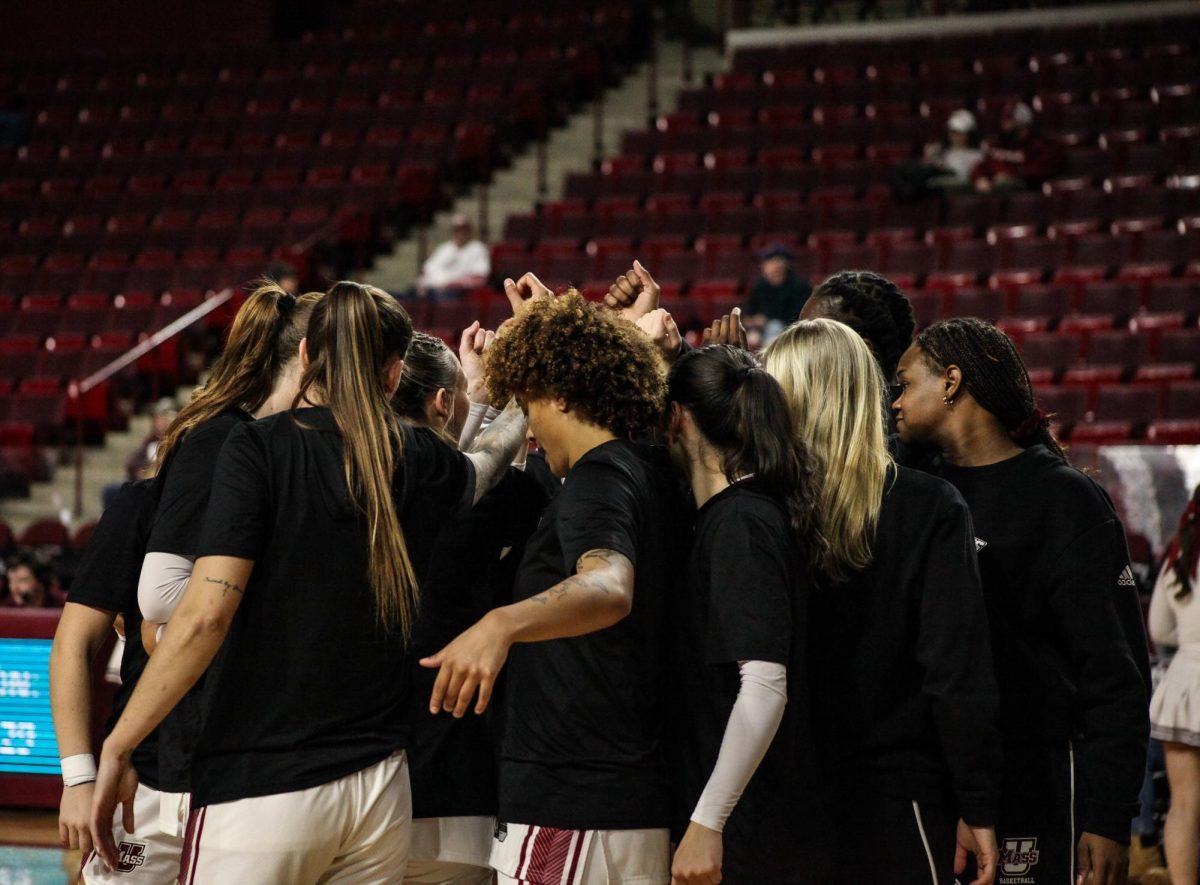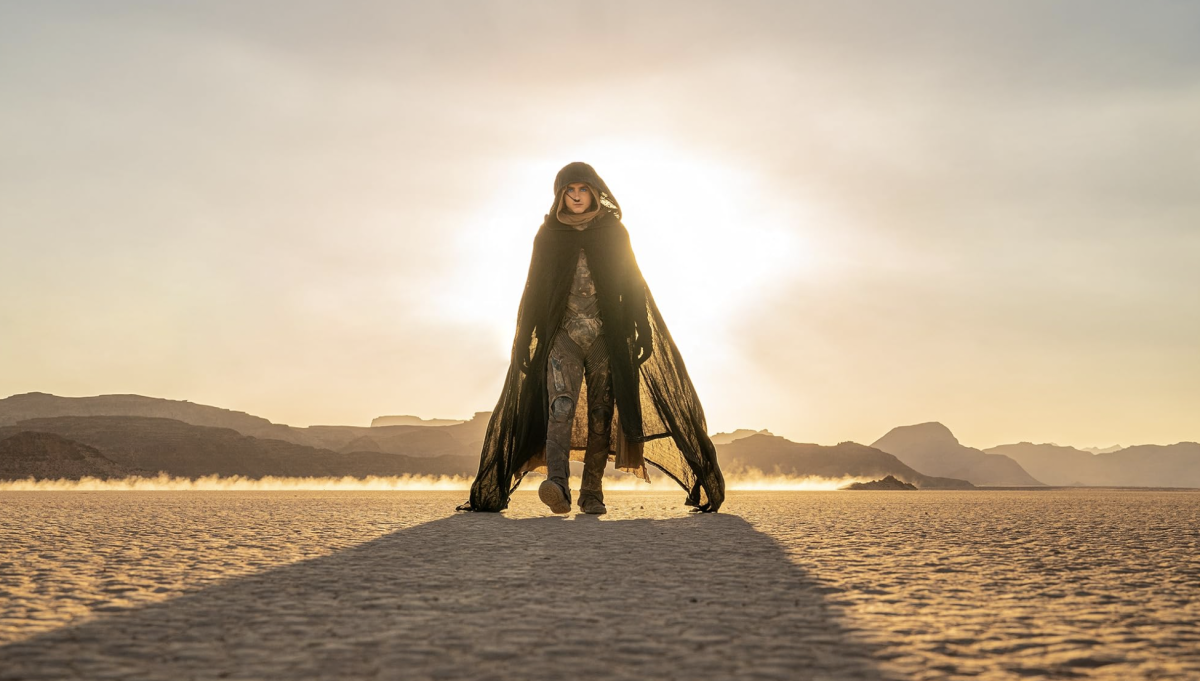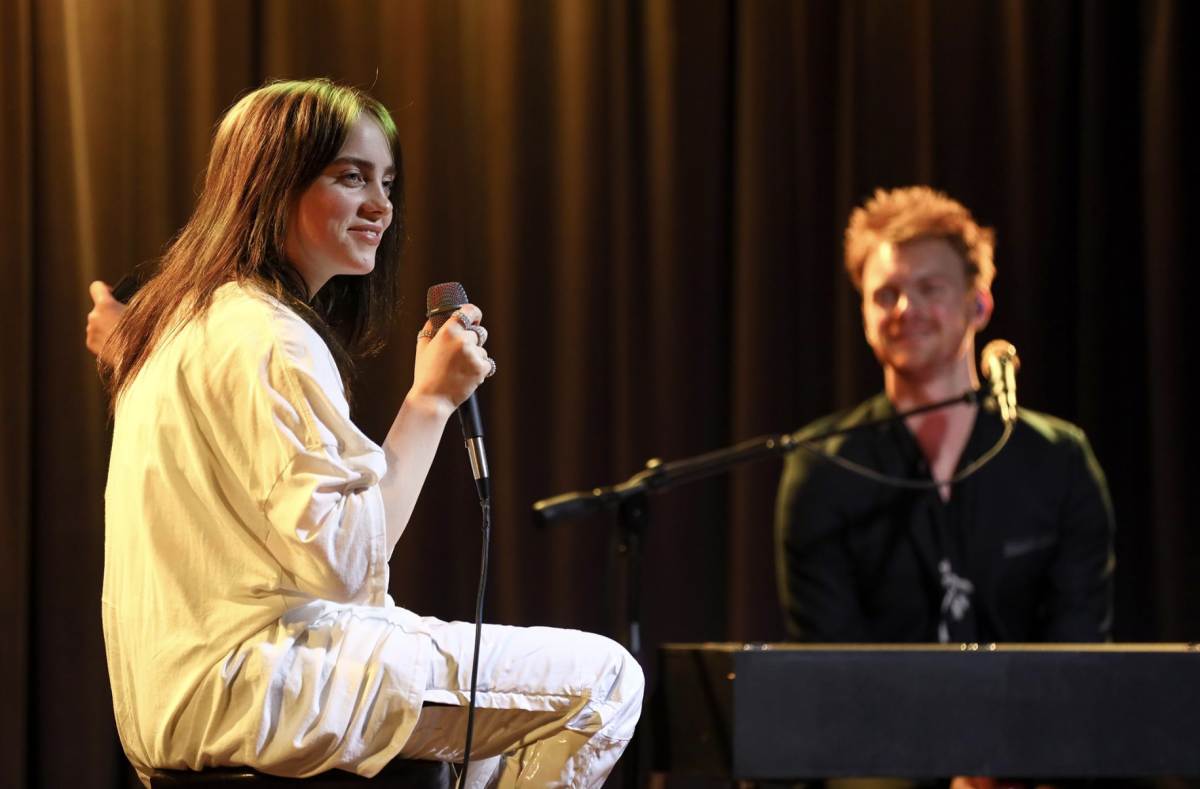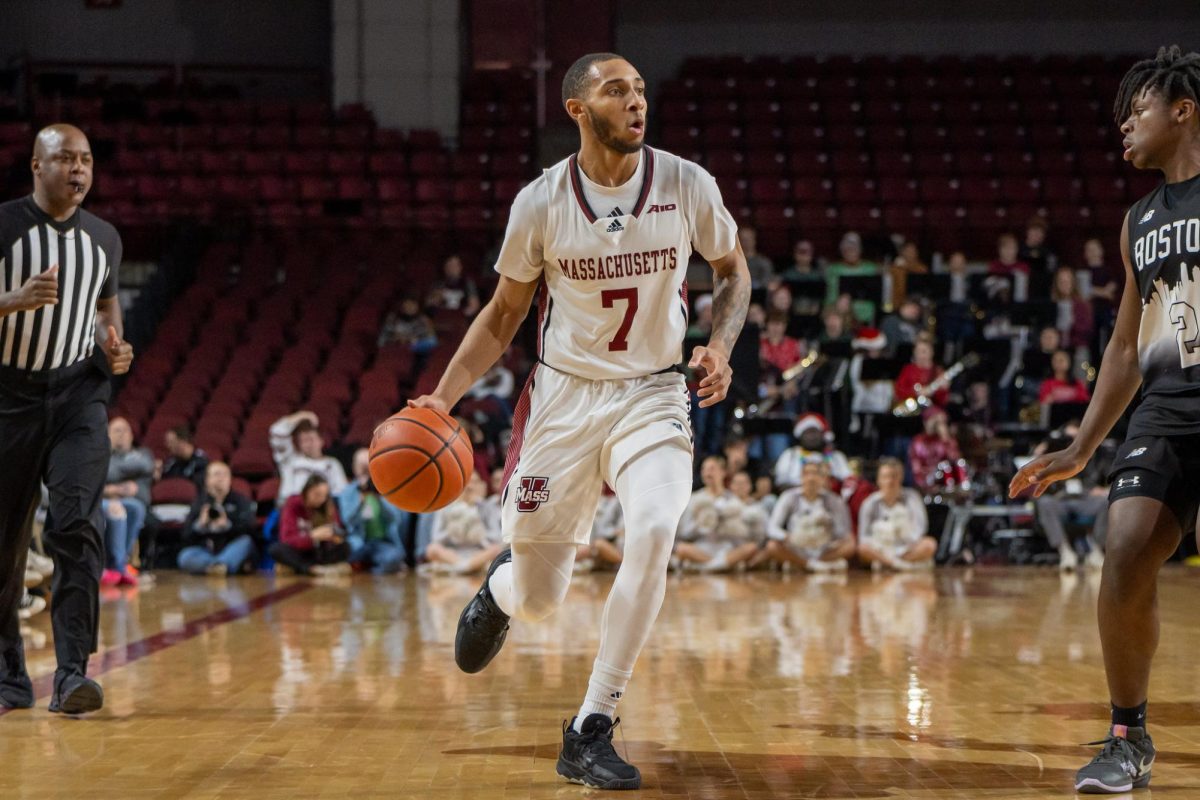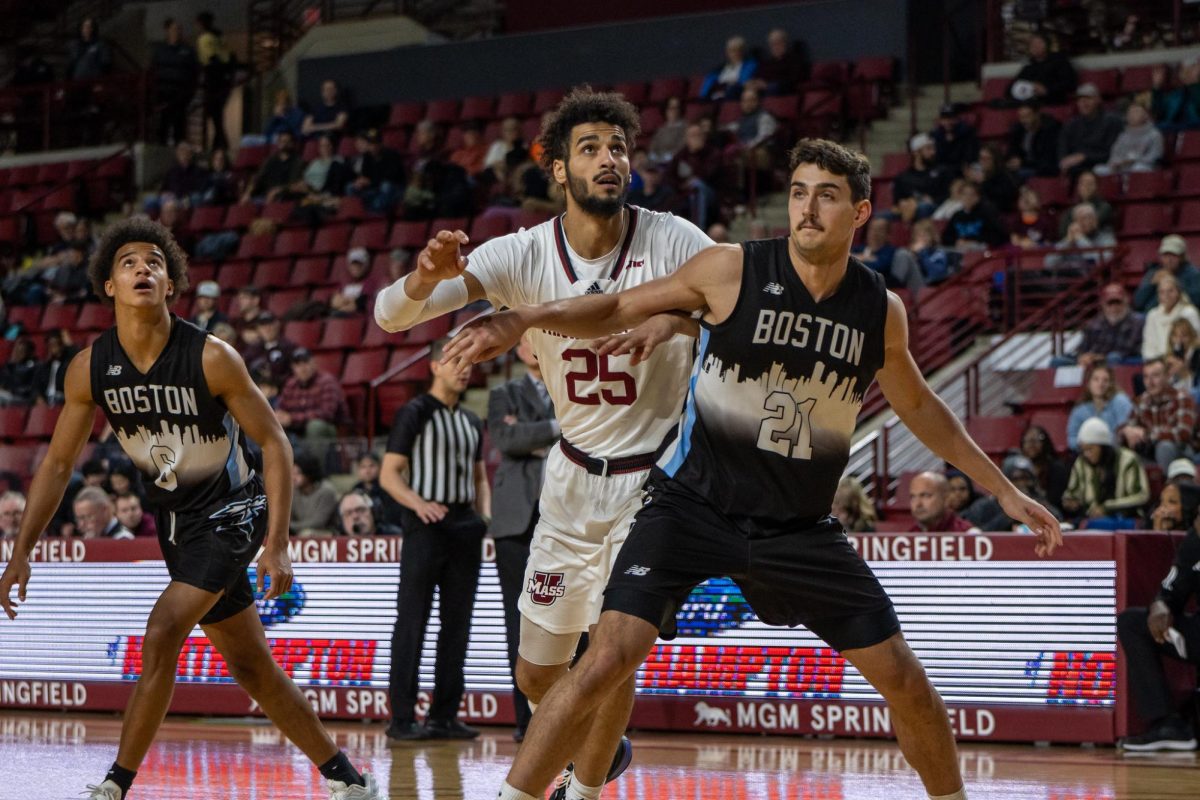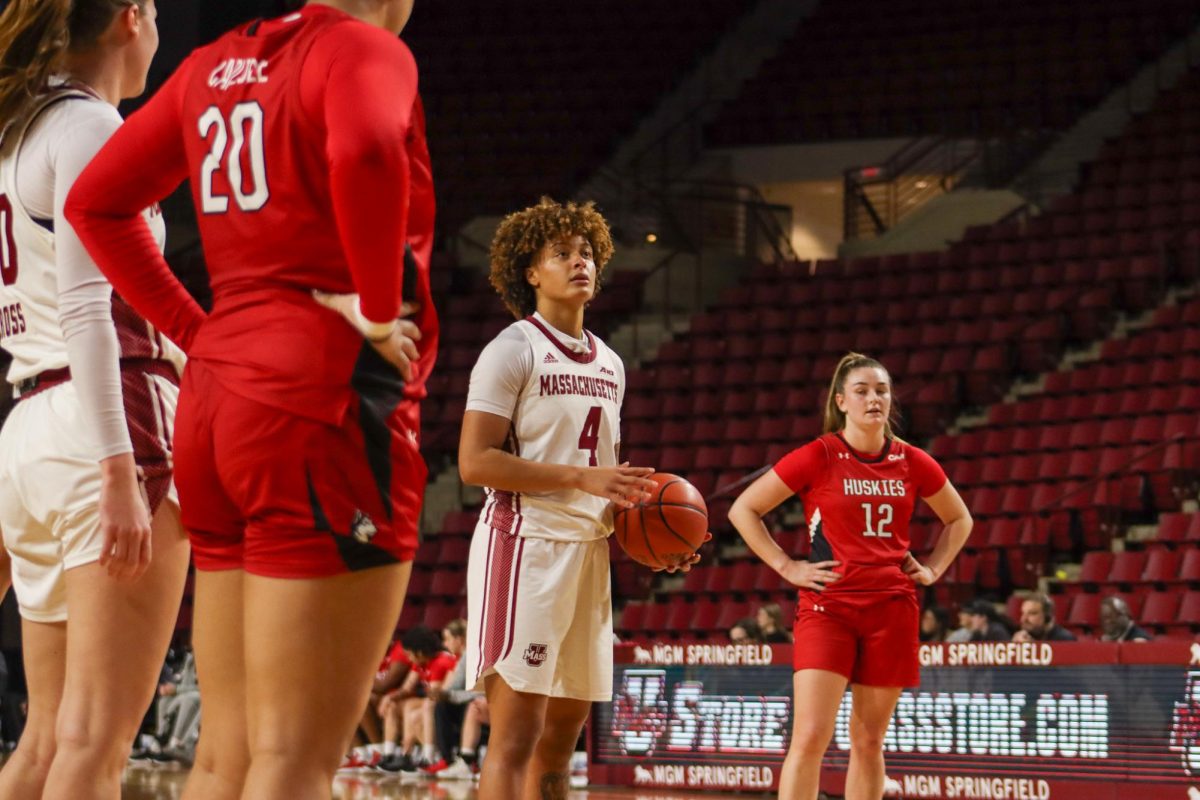It’s the day before Thanksgiving and Taija New isn’t slowing down. “I’m knee deep in orchestrating everything for the show and then also the roll out for the EP,” she says before adding how she’ll still be cooking for most of the day on Thanksgiving. Usually at the end of the year, the music industry seems to slowly quiet down, clocking out and relegating the rest of the year to holiday music and Mariah Carey. But for New, the holidays aren’t bringing a slowdown or pause. She’s still working on preparing for an EP launch concert on January 10, set to release her new EP the same month. As an independent artist, most of the work involved with her career requires her hands-on involvement. “There’s so many things that at any given time, mind you, I never stopped writing music or recording music, that’s still happening, and all of that is happening at once,” she says.
Taija New is a rhythmic pop artist from Western Massachusetts. Some years into her career, New has released two albums prior to her newest EP. The EP “Welcome to My Psyche” finds New re-introducing her artistry in a post-pandemic music industry. In this new body of music, she aims to bring listeners into her world, showing the range of her talents. She explains, “I want them to feel like they have experienced who I am and what I bring to the table and musical space as a whole.” Parts of “Welcome to My Psyche” are crafted from New’s re-evaluation of her artistry after the pandemic. For New–and many musicians–the pandemic impacted her music career. “I had to re-invent everything after Covid,” New said. “So, that slowed things down a lot, and I had to do a lot of soul searching and figuring out who am I now after all of this.” The aftermath of the pandemic led to New pivoting her career in the midst of a fast-changing music industry, introducing a new learning curve in this new chapter of her music.
Like many young female MCs, New was influenced by then-newcomer Nicki Minaj’s arrival to the hip-hop scene. At a time where there was a vacuum in female hip hop, Minaj’s breakout shifted the involvement of female MCs in the genre, including inspiring New to write more verses. She excitedly recounted the moments of first hearing Minaj, “I just remember, at the time the song ‘Itty Bitty Piggy’ coming out and it was like yo, what is this? Who is this? I didn’t even know that females can get a record and rap like this and talk this much trash and really feel it in their soul. And so that’s when I really started writing.”
This burst of aspiration came to New when she was a student at the University of Massachusetts Amherst. Her college days became the foundation for her career and the source material for her early songwriting. Engaging with your environment to gather the narratives that’ll formulate your work is a crucial component for songwriting, and New was no exception to this process. Every facet of her life at UMass became the basis of her writing. “[I was] on the pre-med track and I was a Spanish major. All that made its way into my music, even down to the science. I would be writing rhymes about substrates and enzymes,” she laughs when reminiscing on her early college work. “A lot of what I learned at UMass and my college experience made its way into those first few records because all that was cultivated then.”
New’s time at UMass came during an active push for diversity on campus, which would extend to the Amherst music scene. We talked extensively about how that period in UMass’s history was a critical time for the beginnings of her career, especially since it meant more urban acts were featured in Amherst’s music scene. She explained, “Those four years I was there was the most diversity on campus… having conversations with people who aren’t from where you’re from, there’s just so much we exchanged… If it wasn’t for that experience, my raps wouldn’t be as intricate as they are.” From spending time at the People’s Market and the Student Union, New’s involvement in a variety of cultural exchanges on the UMass campus were the foregrounds for inspiration and creation.

New wouldn’t begin sharing her music until after she graduated from UMass. “I was kind of shy and so I didn’t really present my music until after I graduated,” New said. “But I had been writing everything during that time.” The work she’d accumulated would aid in her transition to performing. The first year of performing her music consisted of showing up to open mic events and cultivating her craft in writing and rapping. “It started kicking up the first year when I was doing a lot of open mics because I was sharpening my craft,” she details. “The open mics were in Springfield, Downtown Springfield, Main Street and it started at this place called Black Pearl.” It was there that she dedicated herself to her artistry, bringing together the writing she had started as a college student to a stage, which would take her from the background to being in front of large audiences. New wasn’t shy about her musical passions anymore and put in the extra time to develop herself. The transition to performing became a time of experimentation with who she wanted to be as an artist and building up an immutable stage presence. Some of this experimentation during her first year of performing included the initial stages of engaging with a range of music genres. She comments, “I am a lot more experimental because I realized very quickly that I didn’t want to just remain in rap. I knew that there were other genres I was interested in.”
Even if no one else was showing up to practice, New was still showing up no matter the weather or situation to practice and get her music and performance to the next level. “I would be down there rehearsing my raps over and over again,” she said. This led to her becoming a fixture in the Springfield music scene. Her song “Newbian King” would cement her profile among audiences, a song developed out of the gender dynamics of her open mic days.
The early days of Nicki Minaj’s come up greatly differ from today’s female hip-hop scene that is filled with a range of big names like Cardi B, Megan Thee Stallion, Doja Cat and many more. The stark contrast between the two eras of hip-hop shows progress toward women becoming a dominating force in the genre. Where there was once a vacuum of female rappers, women are now the leading figures of hip-hop. New points out how the scant amount of female MCs during the beginning of her career meant she was often the only woman, which would shape her performance and writing. “A lot of the time I was the only female in a group of guys rapping. I would go to these showcases and they would get on stage and be like ‘I’m a king, I’m a king.’ And no one would say anything; people would just accept it because they were guys and they could do that.” After these experiences, New used this to boost her confidence and better her music. “So I was like, well, if he’s a king, then me too, because I know I can rap better than him,” New recounts confidently.
Ultimately, “Newbian King” was the outcome of New asserting her artistry in a scene where women weren’t the majority yet. This left a lasting impression among audiences and word began to spread about New’s work, leading to new career milestones. “People [started] reaching out that were doing festivals and things in the region and it just kind of snowballed and ended up being like from the region to another state to eventually Canada. It kind of had this snowball; once I got going, it kind of kept on,” New recalled.
In recent years, a lot of things have changed in the music industry. The expansion of the digital landscape during the pandemic led to more artists going viral on TikTok, gaining the attention of record labels. Ultimately, the social media platform became the new scoping ground for undiscovered talent. Streaming became the norm and to get discovered required being active on social media rather than hoping you’d get discovered at an open mic or festival. New’s observations of these changes meant that in a post-pandemic world, her artistry had to change with the times in order to keep her music on the radar. “I was set to start my biggest tour right before Covid, and then Covid hit and it wiped out my schedule,” New said. She adds that the loss of live entertainment specifically impacted her network: “Since I came up in open mics, live performance is really where a lot of my fane base comes from.” Losing access to the main way she garnered an audience meant learning how to turn social media into a new base for her music. So, she pivoted her career.
Integrating social media and more of the digital landscape into her music career has come with positives and some stressors. “I think one of the plus sides is that the internet and social media has become a way that you can catch the eyes of an industry professional,” she states. “Because when it was just physical, you had to end up in the room with them. And if you didn’t have access, there was a gatekeeper.” New credits this in her ability to cast a wider net in her outreach, but keeping up with an online presence can be a lot to juggle as an independent artist. She still has a full-time job, which means after work hours are spent making and uploading videos while navigating the ins and outs of social media.
Sometimes her videos get blocked or copyrighted, taking away essential time she needs to get her content out to a new audience of people. “If you’re getting copyrighted, and now you gotta go through an appeals process, it’s over,” New said. “Because, if you go ahead and post it again now they’ve got an algorithm that looks at did you post this before? And we’re not going to push it because it’s not original anymore.” Having such insight into the influence of social media platforms on her career has led to New incorporating more ingenious methods into her social media. For example, she knows that to increase engagement, her videos have to start immediately without any pauses. “I noticed that the engagement wasn’t as strong as when I would post the video and I’m singing right away,” she explains. Such strategies are a sample of what she’s had to learn when managing her online presence.
Though she now has a management team to help her in organizing other parts of her career, New still handles a lot of the costs that come with being an independent artist. These costs include paying for recording sessions, photo shoots and mixing and mastering–which she says is the most expensive part. Alongside navigating the music industry as an independent artist, sometimes being a Black artist can bring its challenges with getting recognition. New recalls the times when Black music was the face of the music industry, “Pop stars were doing urban-driven music. You had Ariana Grande and all these other people, so at the time that was the draw, that’s what everyone was listening to,” but she adds that didn’t end up working out for a majority of Black artists in the music industry. Though their sound and image was driving music, Black artists themselves were still being sidelined. New recalls her realization at was happening, “I just remember thinking, how could this be when the industry, especially right now is all urban. That’s what everybody’s listening to but we’re literally like that stepchild.” It’s an experience that has been heartbreaking but also eye-opening for New when looking at her position in the music industry.
“Hard work will prevail” is the ethos that guides Taija New. Being dedicated and focused was New’s mindset from the beginning, which is only amplified as she reaches more major milestones. In 2023, New received her first Grammy consideration–the first steps in being nominated. She believes that the years she’s put into her work has been the foundation in her continued success. “I’ve been working super hard on my music for so long and it’s just now getting to a point where after Covid-19, it’s just now starting to pay off,” New said.
With 2024 being a year for breakthrough artists, music audiences are shifting their attention to artists who’ve been honing their craft for years. New highlights this as a positive shift for developing artists like herself, “It used to be where it was 10 years before you had a break,” she says, “We’re getting back to you need your time to incubate and get in that cocoon and become a butterfly.” New finds hope and excitement in this. As she continues to work hard on what she wants for herself and her music career, she sees herself getting closer to the end goals. The years of investment are a source of pride rather than discouragement, she exclaims, “I’m excited for what’s to come because I’ve manifested this for so long and when it’s my time, it’s gonna be my time.”
Suzanne Bagia can be reached at [email protected]




